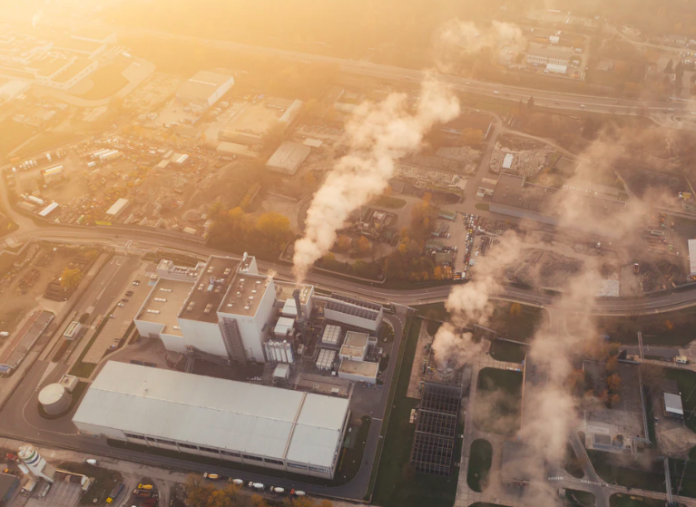 Marcin Jozwiak on Unsplash"/>
Marcin Jozwiak on Unsplash"/>Carbon neutrality by the mid-twenty-first century is very much essential, and technology has a significant role to play in creating sustainable initiatives. This and more was discussed at a session hosted during the recently concluded Nasscom Technology and Leadership Forum. To understand the imperatives of the current scenario and what the road ahead looks like from a technology perspective, Karthik Natarajan, President and COO, Cyient caught up with Damian Bunyan, CIO, Uniper and Kelvin Wing, CIO, EDF Energy. They discussed how corporates have a responsibility in taking ownership of their carbon footprint.
Moderating the session, Karthik Natarajan, President and COO, Cyient, said, “Companies that understand the triple bottom lineimpact – social, environmental and financial – of greenhouse gas emissions have enough reason to work toward carbon neutrality. At Cyient, we are working toward helping our customers improve their contribution toward creating a decarbonized planet through our Design for Circularity Consulting and Engineering Practice. Decisions that businesses like us make will determine the course of where we are by 2040.”
Talking about how they are looking at ways to help Britain achieve the net-zero goal by 2030, Kelvin Wing, CIO, EDF Energy said, “While figuring out our strategy to achieve the net zero emissions goal, we must join the dots and make the connection between technology and how it can help us do things differently. It is the baby steps we need to deliver in order to get the big wins. As leaders, it is incumbent on us to talk about what it means to achieve the net-zero goal. We should also be more disciplined in utilizing resources, recycling, and reducing resource consumption where not needed.”
“Challenges do exist. Financial and governance challenges, for instance. Not all governments want to take the same path or the same timeline at any given point. Further, financial incentives also tend to differ across”, added Damian Bunyan, CIO, Uniper.
Concluding the session, Karthik added, “In December 2020, amid the aftermath of the COVID-19 pandemic that has affected lives and livelihoods worldwide, we marked the 5th anniversary of the Paris Agreement and the adoption of the Sustainable Development Goals. It is imperative that we as corporates actively involve ourselves in the action against climate change. One way to do this is by adopting the concept of a circular economy, whose principles are to design out waste, keep products and materials in use longer, and regenerate natural systems. This will require companies to make concerted efforts and technology investments to transition to a more sustainable product ecosystem.”





